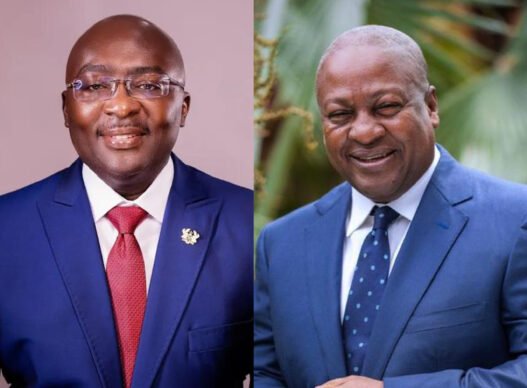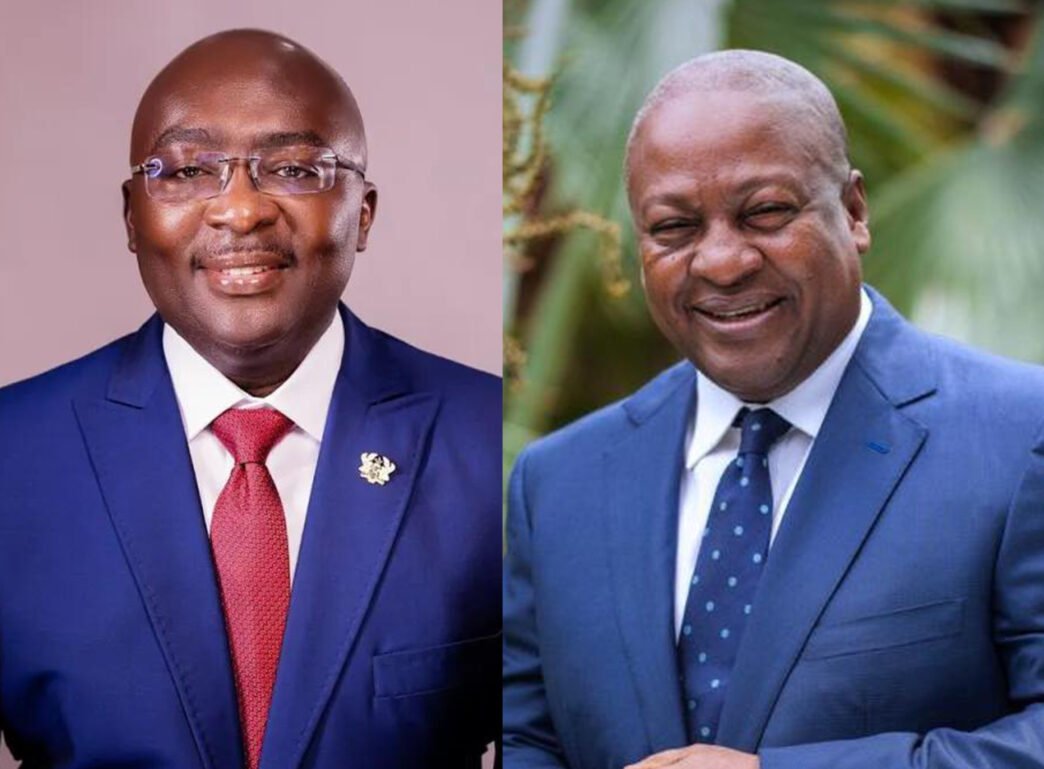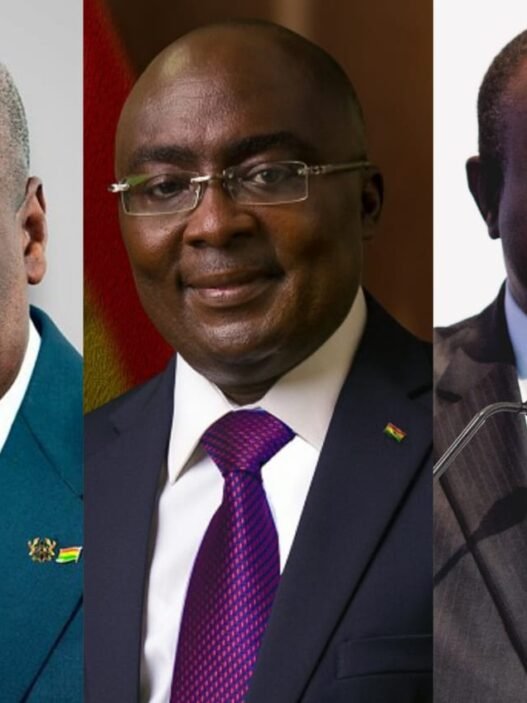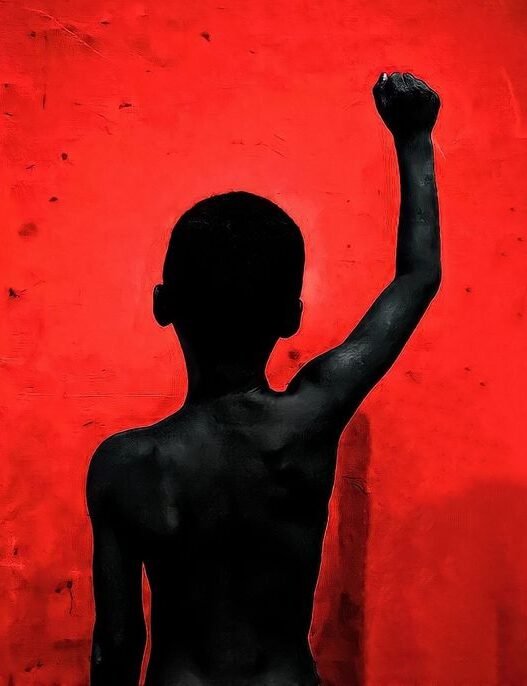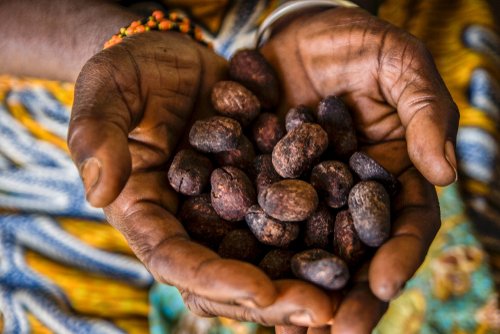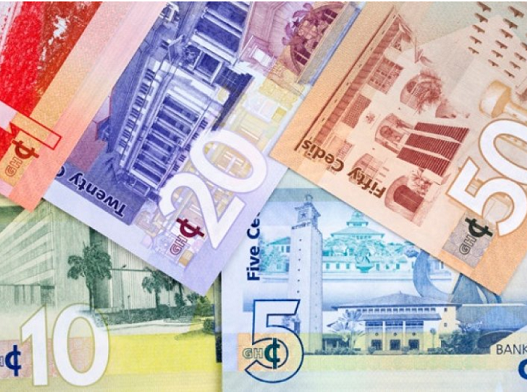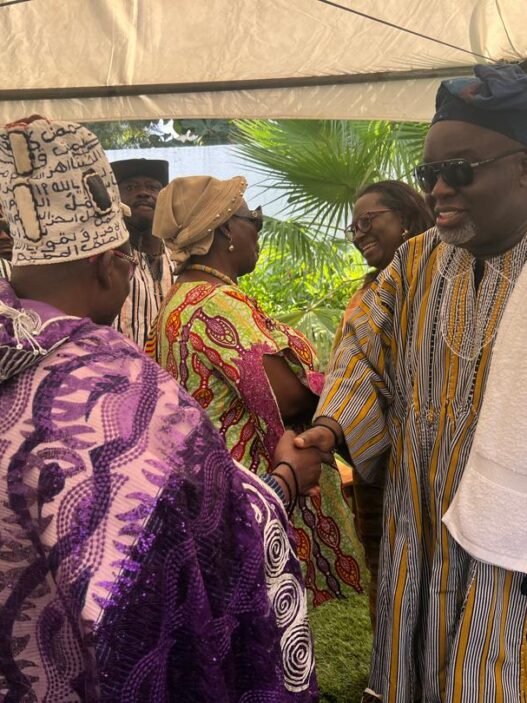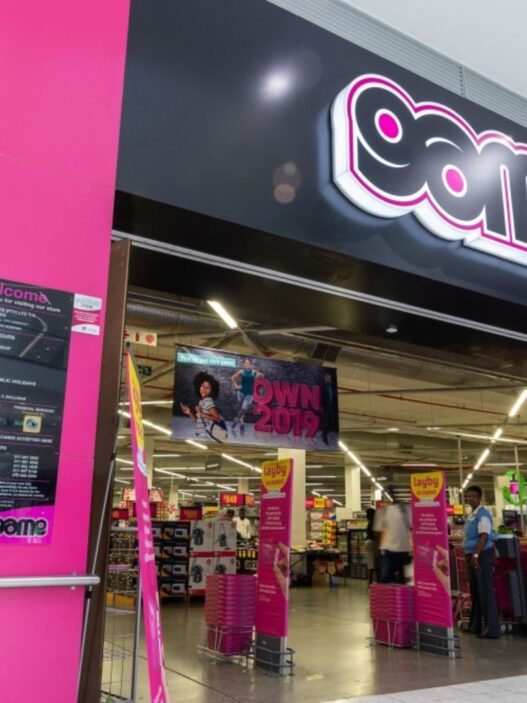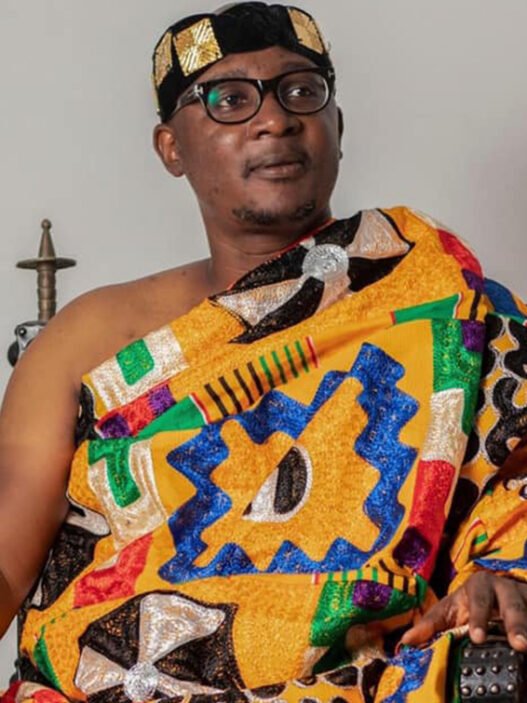With the 2024 political primaries fast approaching, one question looms large: Are we voting for names or vision? From the ruling NPP to the opposition NDC, the candidates stepping up to the plate seem like the usual suspects—recycled names we’ve seen in Ghanaian politics for years. But this raises an important question for the average Ghanaian voter.
“Are these politicians really invested in the future of the country, or are they simply feeding their egos?“
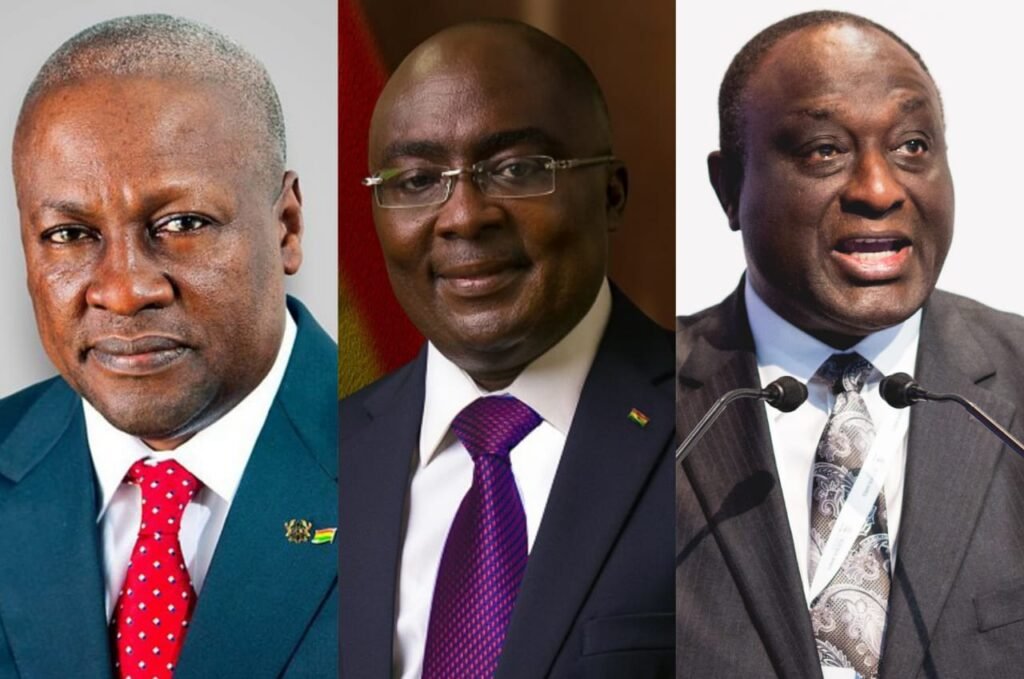
Same Old Faces, Same Old Politics
Political primaries in Ghana often feel like a game of musical chairs, where the same personalities switch positions, but nothing really changes. As the NPP and NDC prepare for their internal contests, the candidates in the running are largely familiar faces—people who have been part of the political elite for decades. From Alan Kyerematen and Dr. Mahamudu Bawumia in the NPP to John Mahama in the NDC, the list reads like a who’s who of Ghana’s political history.
But the question on the streets is clear: Where is the fresh blood? Many Ghanaians feel like they’re being asked to choose between the same old names, without much focus on innovative policies or new ideas. It’s as if the political elite is out of touch with the realities on the ground—economic hardship, youth unemployment, and poor infrastructure. The concerns of the average Ghanaian don’t seem to match the rhetoric coming from these “big men” in politics.
Do They Even Have a Vision for Ghana?
When you listen to the speeches and read the manifestos of the candidates, it’s hard to shake off the feeling of déjà vu. “Same old talk, different year.” Whether it’s promises of infrastructure development, job creation, or fighting corruption, it’s difficult to see any clear, actionable vision that addresses Ghana’s pressing needs in 2024 and beyond.
For instance, many young people ask: What plans do these politicians have for addressing youth unemployment? Ghana’s youth unemployment rate continues to climb, and yet there’s little in the way of concrete strategies for creating sustainable jobs. Instead, we hear grand speeches and vague promises, but the reality on the ground remains unchanged.
Moreover, issues like education reform, climate change, and healthcare access—which should be at the forefront of any serious political conversation—are often overshadowed by party politics and personal ambitions.
Are We Stuck with Big Men Politics?
Ghanaian politics has long been dominated by a few powerful individuals who control the narrative. This “big men politics” culture is particularly evident in the two major parties, the NPP and NDC, where it’s not uncommon to see candidates rallying for support based on their clout or family connections rather than their vision for the future.
For many Ghanaians, it feels like the political system is designed to reward loyalty to the party elite rather than service to the nation. This has led to frustration among voters who feel that their concerns are secondary to the personal ambitions of the candidates.
Is There Any Hope for Change?
Despite the dominance of these familiar faces, there’s still a glimmer of hope that younger, visionary leaders could emerge. Ghana is home to a vibrant youth population that is increasingly politically aware and engaged. Movements like #FixTheCountry have demonstrated that there is a hunger for change—real change, not just cosmetic adjustments.
The question is whether the political system will make room for new voices, or if we are destined to continue with “same old, same old.” As Ghanaians prepare to vote in the primaries and ultimately in the 2024 elections, it’s up to the electorate to demand more from the candidates. This is not the time to vote based on name recognition alone—we need leaders with a vision for the future.
The Road to 2024
As we head into the political primaries of 2024, the stakes couldn’t be higher. Ghana stands at a crossroads—between old and new, between the politics of the past and the challenges of the future. It’s time for voters to ask the tough questions: Are we electing leaders who care about the direction of the country, or are we just rewarding those who’ve managed to stay in power for so long?
The answer to that question will determine the path we take in 2024—and beyond.









